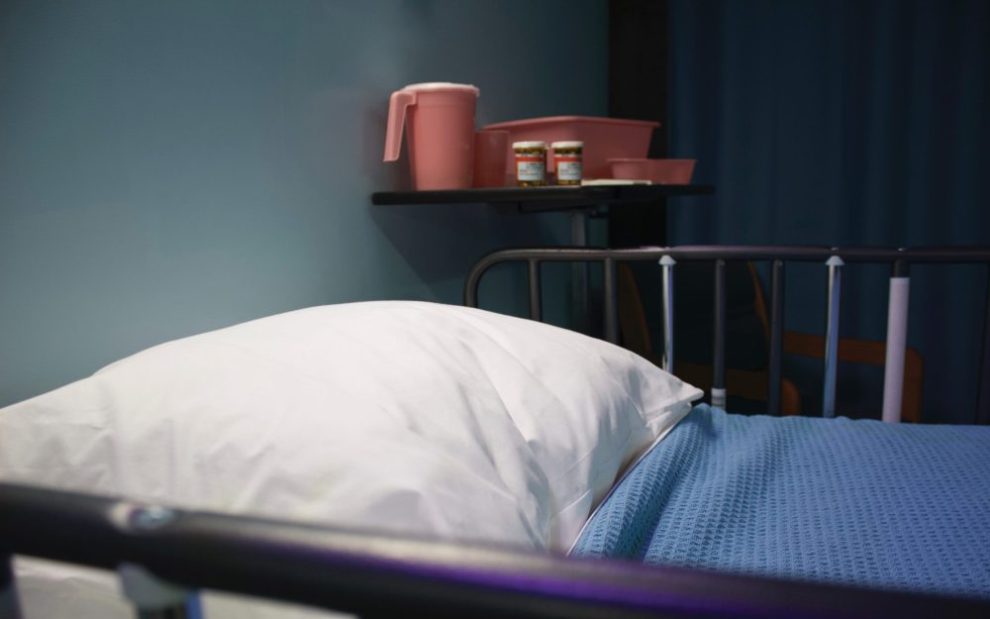Canada is poised next month to expand a vast social experiment in state-sponsored “medical assistance in dying.” Beginning, unpleasantly, on St. Patrick’s Day, applications for euthanasia and self-termination can legally include people who wish to end their lives not because of a terminal illness but because of mental health conditions that seem intractable to them.
First codified in June 2016 for people facing a “reasonably foreseeable” natural death, MAID may be a textbook example of an ethical slippery slope. The law decriminalizes euthanasia and protects doctors and nurse practitioners who physically provide medical assistance in dying from criminal prosecution.
But within just a few years MAID eligibility has grown to include people experiencing long-term suffering and a diminishing hope of resolution because of onerous but not necessarily fatal disabilities and other health and life challenges. People who feel hopeless about resolving their mental health problems were added in March 2021. That expansion was suspended while medical ethicists went to work on mental health standards purported to protect vulnerable applicants.
In 2021 more than 10,000 Canadians ended their lives through the process as the program galloped across what had previously been considered ethical red lines. MAID was approved for individuals who simply had been unable to find public housing that could be sufficiently adapted to mitigate their specific chronic health concerns. Now under serious discussion is an extension to include “mature minors” and the mercy killing of infants born with conditions that are contrary to life.
Proponents say procedural barriers are in place to protect the vulnerable from impulsive decisions or from family and social pressure to end their lives, but critics perceive an increasingly capricious and perilous system. Harvey Schipper, a professor of medicine and law at the University of Toronto, told Medscape that the guardrails for MAID are not nearly high enough. In his opinion, “It’s really a Wild West moment here.” He worries the process no longer reflects “last-resort options.”
To whom is mercy being shown when young people struggling with psychological problems seek to end their lives? Is it the MAID applicant, the person’s often emotionally exhausted family members, or a society unwilling to invest any more resources in mental health services?
Similarly, who or what is being relieved of a burden when a person living with a chronic illness or disability successfully appeals for medical assistance in dying? Is it the housing authority no longer burdened with finding appropriate lodging? Perhaps the hard-pressed regional medical provider relieved of the duty of caring for a costly client?
Most morally sane people understand how ethically problematic contemporary end-of-life challenges have become. Decades of investment in medical research aimed at extending natural life have opened a vast gray zone between a vibrant seniorhood and a growing period of elderly life overloaded with medical interventions and overburdened by physical and mental diminishment. Surely, however, as much as extreme caution must attend decisions around the care of our elderly, that caution must be doubly applied when evaluating end-of-life decisions among society’s disabled people and psychologically or emotionally troubled youth.
Patient autonomy is an important value in the service of human dignity. It should not be allowed to become moral veneer over the abdication of an obligation to compassionately care for the sick, elderly, vulnerable teens, and disabled people. Wouldn’t it be a sign of a more ethically competent and humane society to be expanding not eligibility for assistance in dying but access to the tools, interventions, and therapies that will help Canadians live?
This article also appears in the February 2023 issue of U.S. Catholic (Vol. 88, No. 2, page 42). Click here to subscribe to the magazine.
Image: Unsplash/Bret Kavanaugh















Add comment